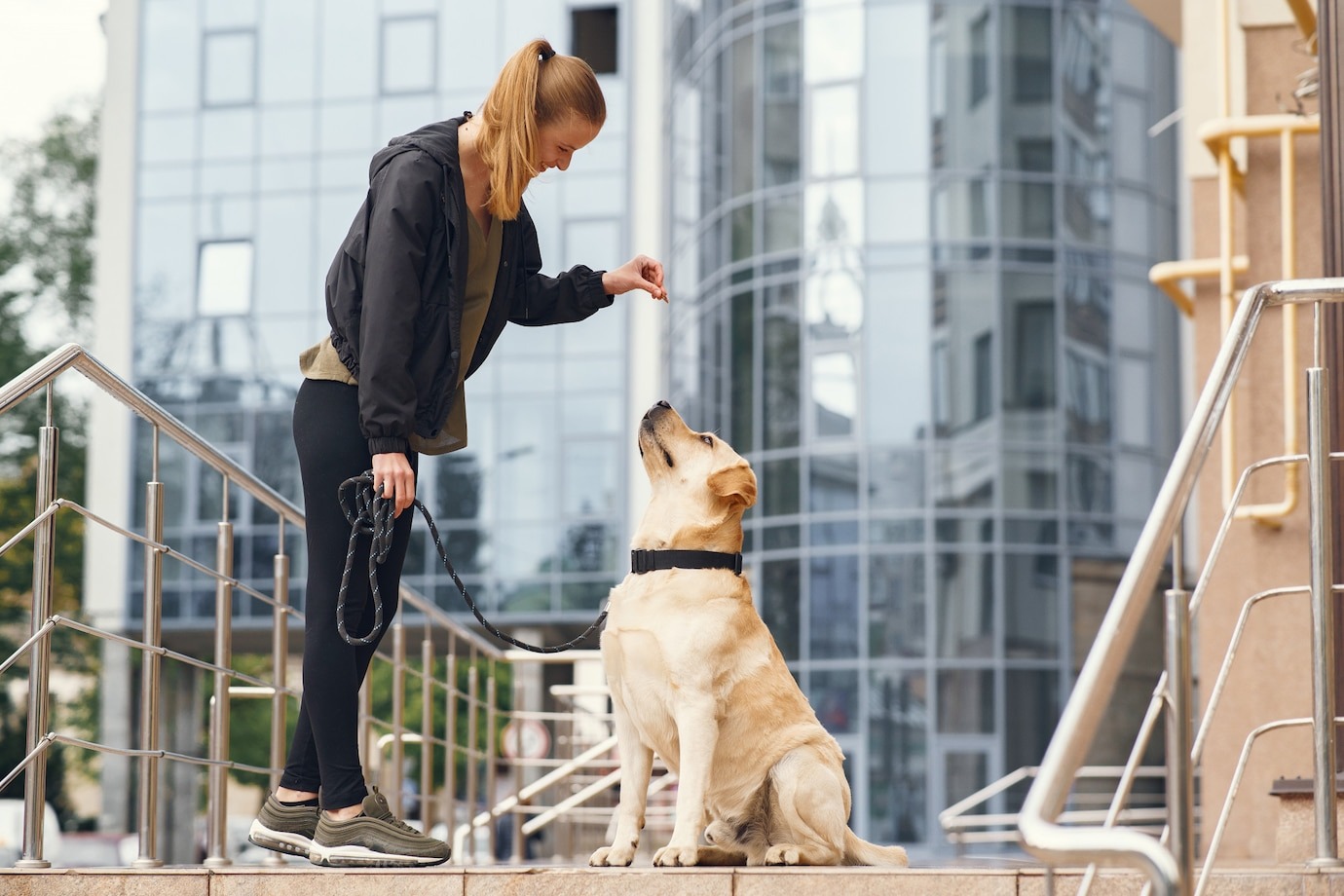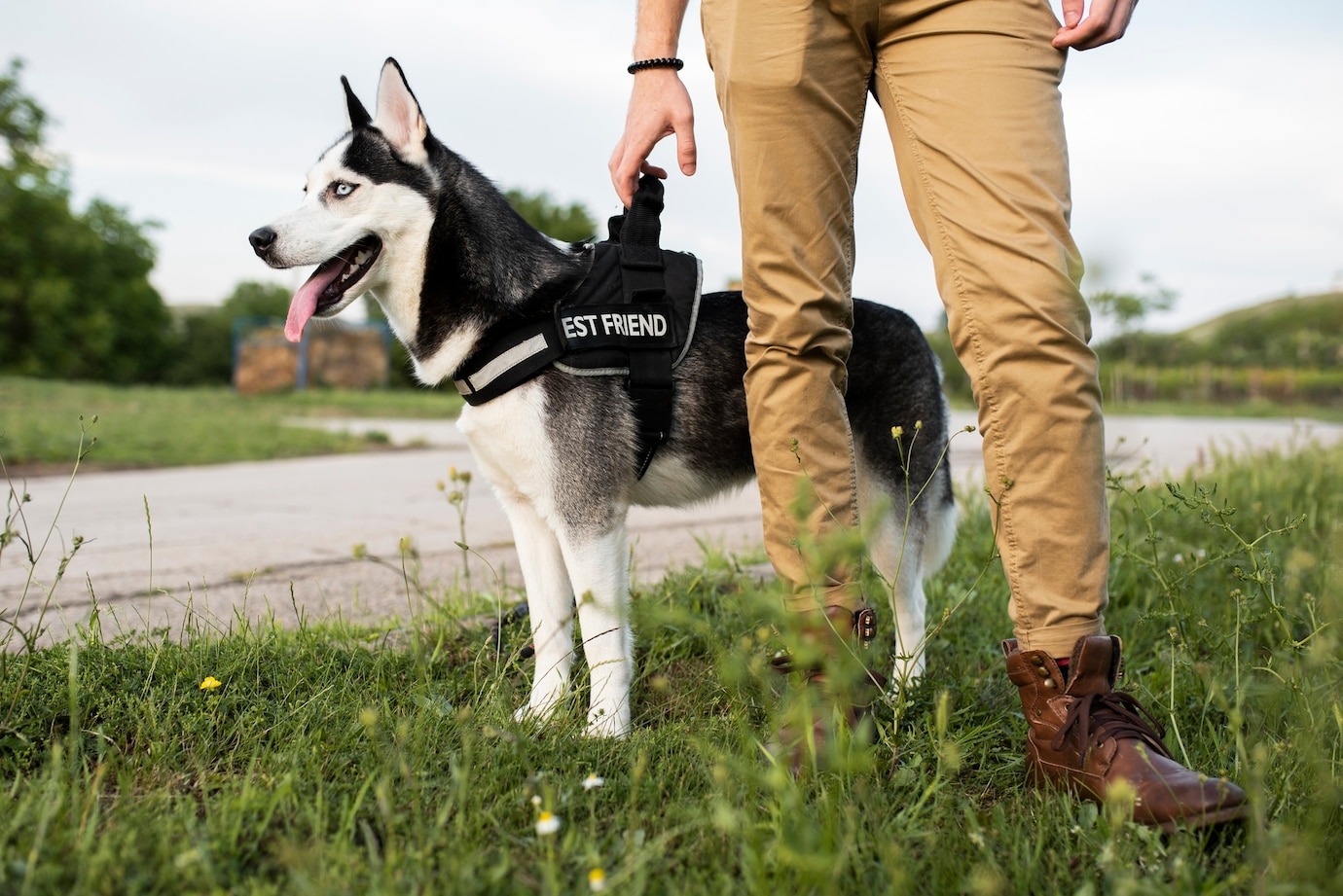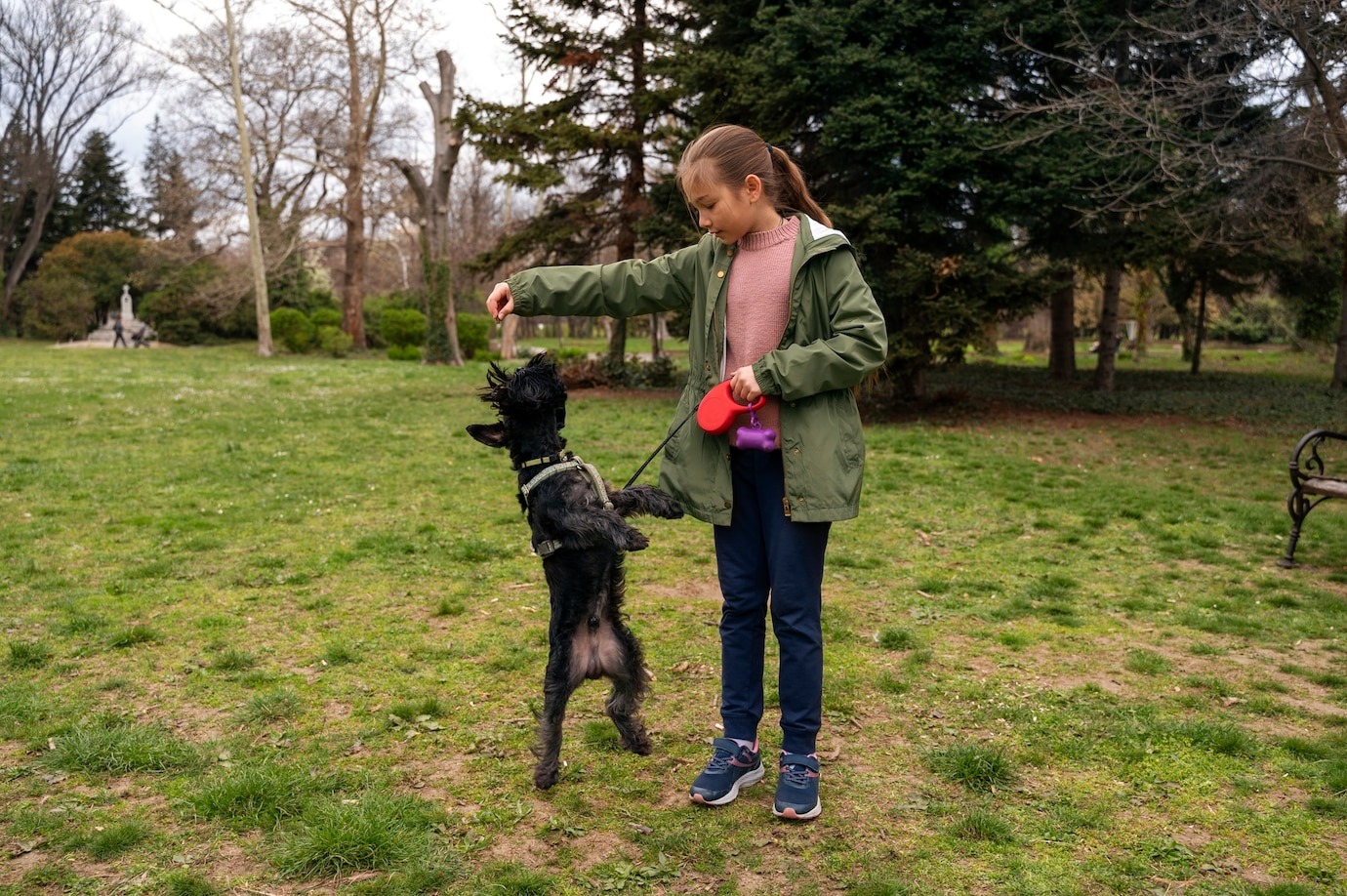In the world of canine obedience and training, K9 dog training schools are highly sought after for their specialized programs to enhance dogs' skills and behavior for various roles, including service, protection, and companionship. However, not all experiences with these institutions are positive. This article delves into K9 dog training school complaints through the lens of Leia's story, offering a closer look at the potential issues and concerns faced by pet owners and their beloved canines during their training journey. Leia's narrative sheds light on the challenges, pitfalls, and the need for vigilance when selecting a training program. It aims to provide valuable insights for those considering such services for furry friends.
Understanding the Emotional Lives of Canine Trainees
Dogs, like humans, experience a range of emotions, including fear, joy, sadness, and anxiety. The training environment and techniques play a pivotal role in shaping these emotions. Positive reinforcement methods, which reward desirable behaviors, tend to foster a sense of security and happiness in dogs, enhancing their learning abilities and emotional well-being. Conversely, training approaches that rely on punishment or dominance can instill fear and anxiety, potentially leading to long-term behavioral and emotional issues.
Leia's story brings to the forefront the emotional turmoil that dogs can undergo when subjected to harsh training methods. Reports from Leia's experience highlight not just a failure in communication but a breakdown in understanding the emotional needs of canine trainees. This narrative underscores the importance of adopting training methods that are not only effective but also compassionate and respectful of the dog's emotional state.
K9 Dog Training Schools Complaints
The K9 dog training schools' complaints emerging from Leia's experience and similar stories include the use of outdated, aversive training techniques that can harm the dog's mental health. These methods may involve physical punishment, intimidation, or the use of devices like shock collars, which can cause pain or fear. Such approaches are ethically questionable and increasingly challenged by modern animal behavior science, which advocates positive reinforcement techniques.
Moreover, the lack of transparency and accountability in some K9 dog training schools further exacerbates the issue. Complaints often need more communication with pet owners about the training methods used, the progress of the dog, or how to continue the training at home. A partnership between dog trainers and owners is essential for practical training. Misunderstandings can hinder the dog's learning process. They must communicate effectively and work together as partners.
The Broader Implications for the Dog Training Industry
The k9 dog training school complaints and stories like Leia's serve as a wake-up call for the dog training industry. They highlight the need for regulatory oversight, standardization of training methodologies, and a shift towards more humane and scientifically supported practices. The industry must move towards transparency, allowing pet owners to make informed decisions about where and how their dogs are trained.
This narrative also emphasizes the importance of educating pet owners about what constitutes humane and effective training practices. By being more informed, pet owners can demand better standards and practices from training schools, thereby driving a positive change in the industry.
Moving Forward: Advocacy and Change
A multi-faceted approach is necessary to address the complaints and underlying issues in dog training schools. This includes:
Advocacy for Humane Training Methods
Advocating humane training methods is paramount in shifting the industry away from aversive techniques that rely on punishment and fear to control or modify dog behavior. Positive reinforcement techniques, which reward desired behaviors to encourage their repetition, are not only more humane but have been scientifically proven to be effective. Organizations and individuals can contribute to a significant paradigm shift in how dog training is perceived and practiced by promoting these methods. This advocacy can take many forms, including public awareness campaigns, educational seminars, and lobbying for legislative changes favoring humane training practices.
Regulatory Oversight and Accreditation
The lack of regulation and standardization in the dog training industry perpetuates outdated and potentially harmful training methods. Implementing regulatory oversight and accreditation systems would ensure that dog training schools meet specific ethical and professional standards before they can operate. This would protect both dogs and their owners from negative experiences and ensure a baseline quality of training across the board. Accreditation could cover aspects such as the qualifications of trainers, the methods used, and the welfare of the animals during training. This would elevate the profession and provide pet owners with a reliable means of selecting a training school.
Education for Pet Owners
A well-informed pet owner is the first defense against poor training practices. Educating pet owners about dog behavior, emotional needs, and effective training methods empowers them to make informed decisions regarding their pet's training. It also equips them to reinforce positive behaviors at home, ensuring consistency and effectiveness in their dog's training regimen. Educational efforts can be facilitated through workshops, online resources, and collaboration with veterinarians and animal welfare organizations. This education also helps build a community of responsible pet owners who demand higher standards from training professionals.
Support for Affected Dogs and Owners
Addressing the aftermath of negative training experiences is crucial for the healing and rehabilitating affected dogs and their owners. Support mechanisms, such as behavior rehabilitation programs for dogs and counseling services for owners, can help address the trauma and behavior issues resulting from aversive training methods. These services assist in rectifying behavioral problems and restoring the bond between the dog and the owner. Providing support underscores the industry's commitment to the well-being of its clients and their pets, fostering a culture of care and responsibility.
Be a Part of the Solution: Contribute to a Safer Training Environment
Leia's story is a poignant reminder of the importance of understanding and respecting the emotional lives of canine trainees. It exposes specific K9 dog training school complaints and calls for reevaluating the methods used in dog training. By advocating for humane training practices, ensuring regulatory oversight, educating pet owners, and providing support for affected dogs and owners, we hope to see a future where the emotional well-being of our canine companions is placed at the forefront of their training experiences. Through collective action and awareness, we can transform Leia's story from hardship to a catalyst for positive change in the dog training industry.






